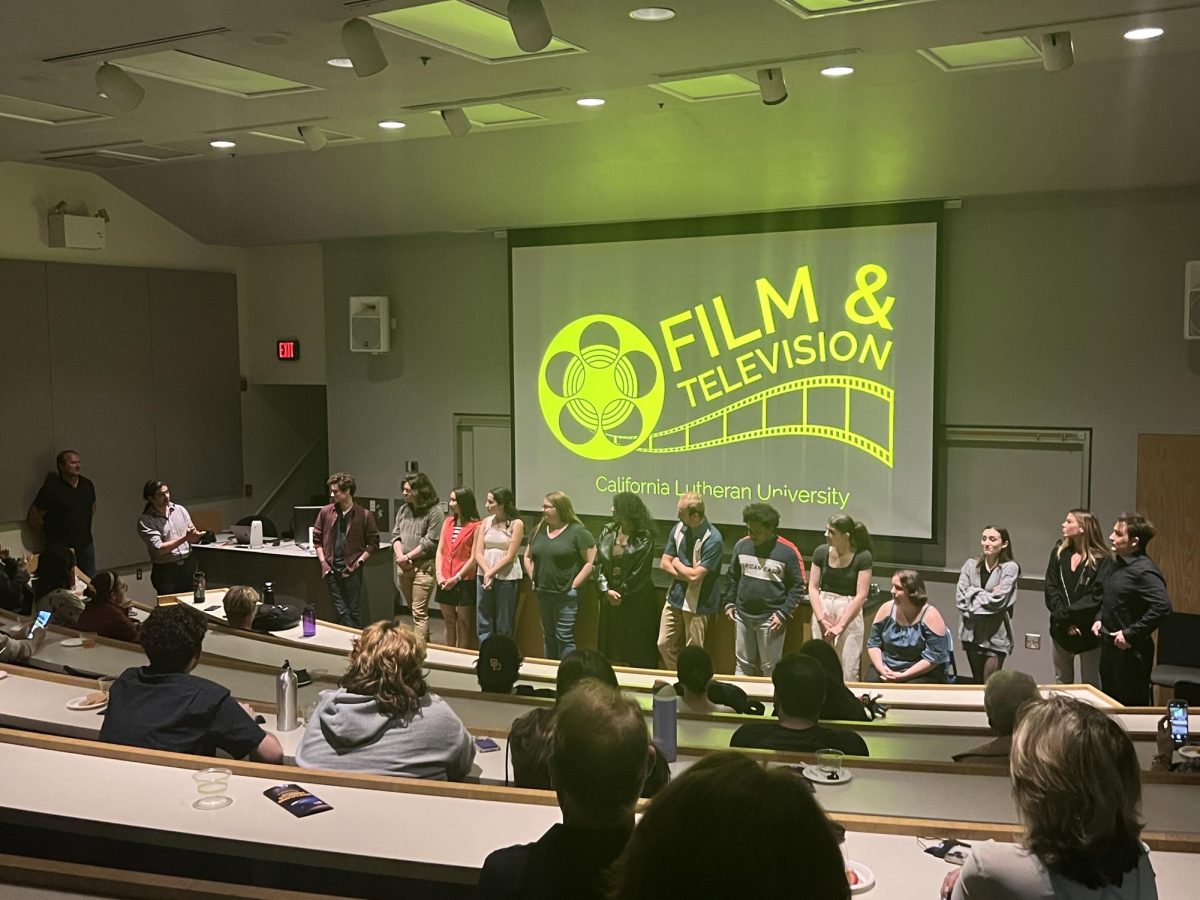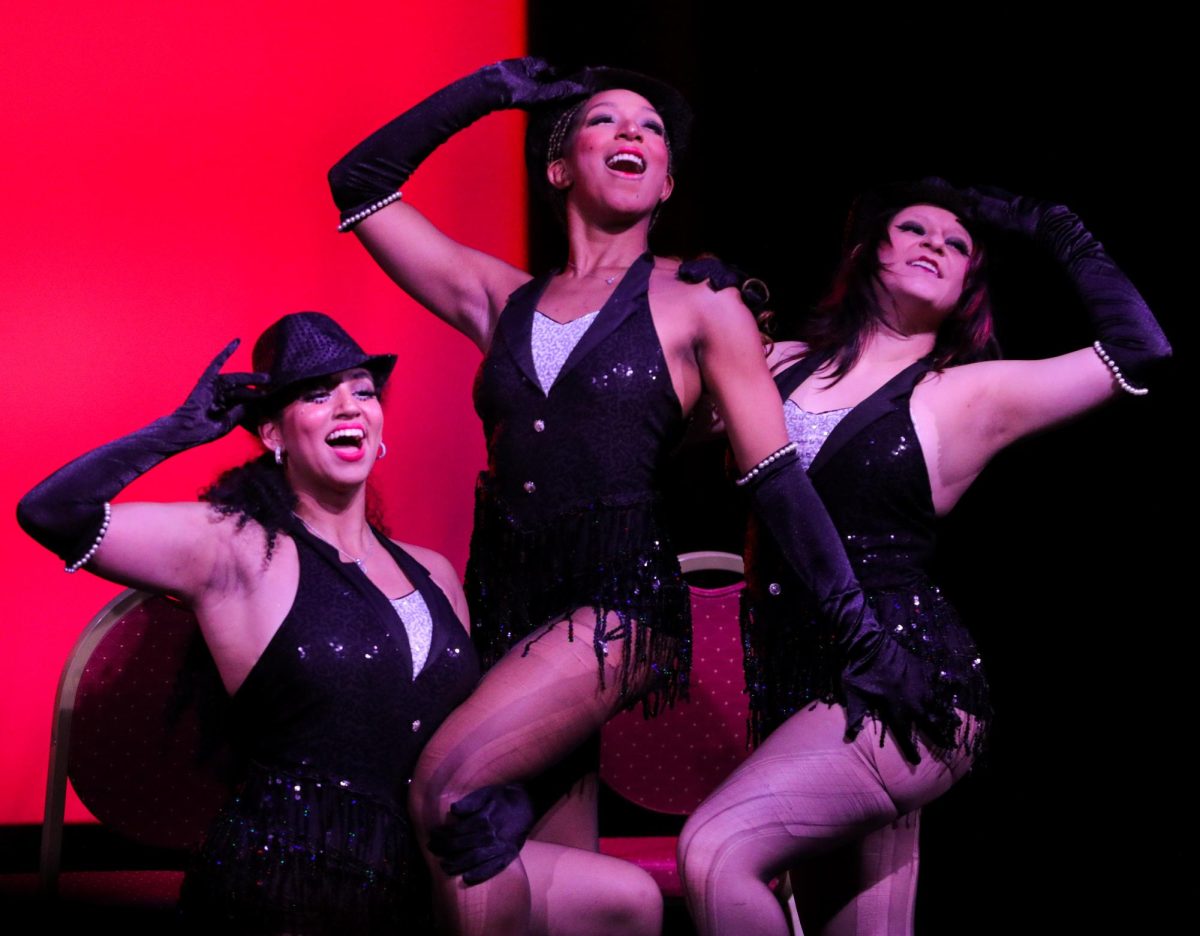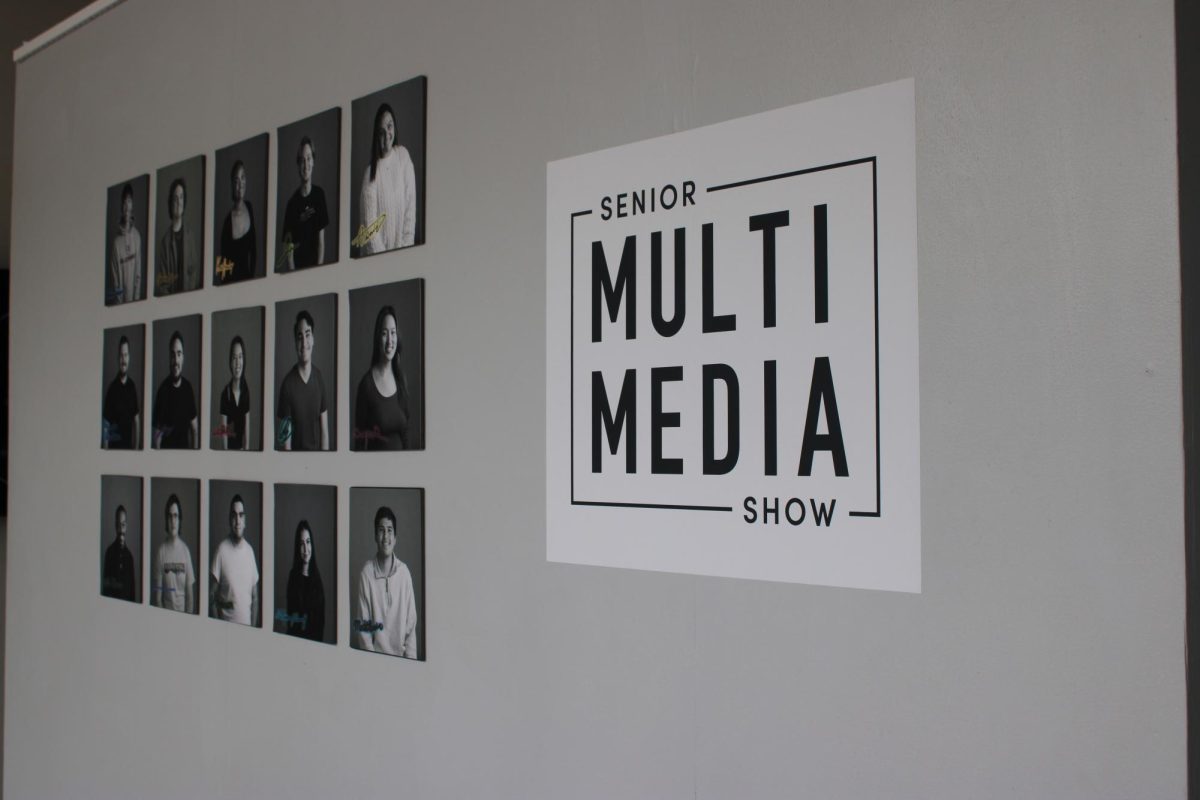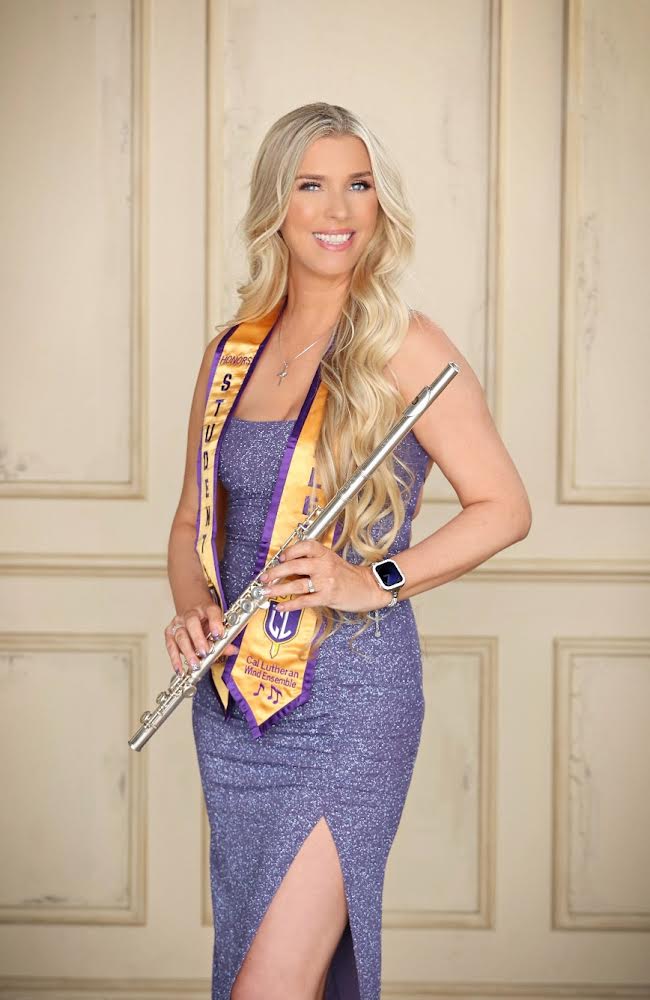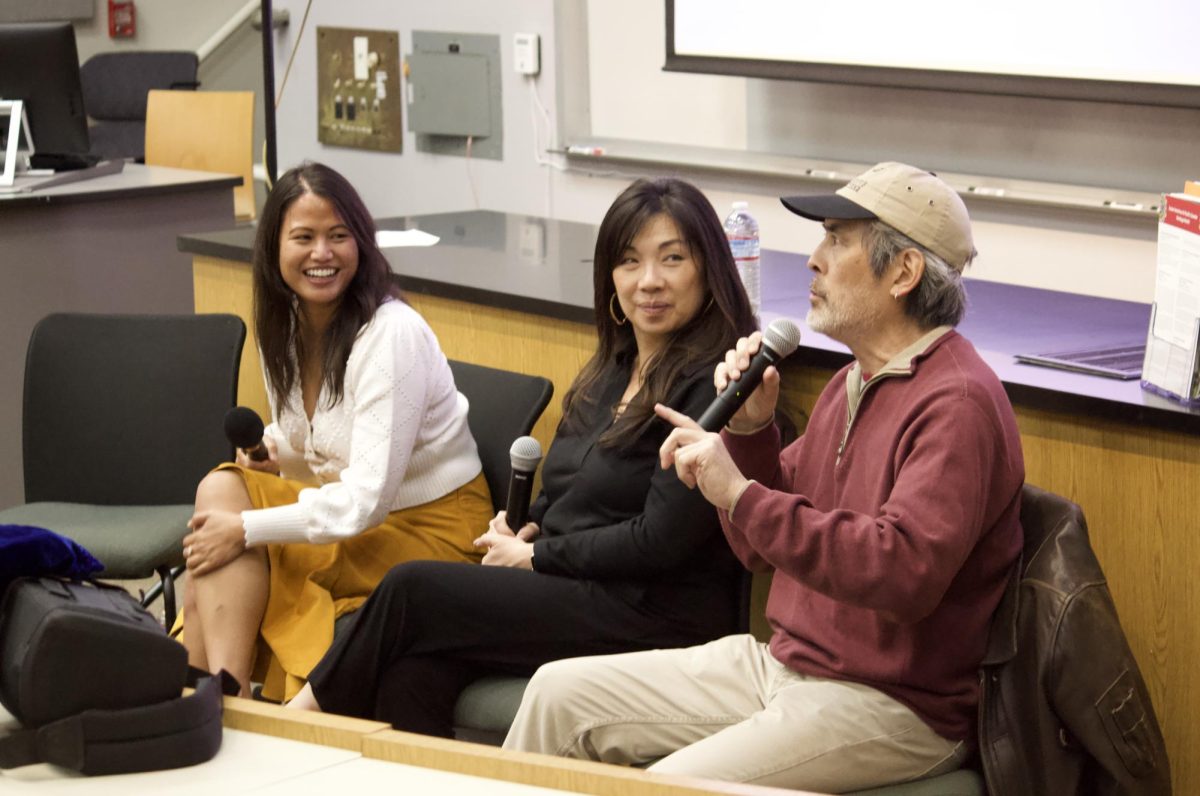Two candidates running for student government at California State University, Fullerton last month were disqualified from the election. The subsequent elections judicial council meetings were recently found to be in violation of a California open meetings law, according to The Daily Titan.
The elections judicial council failed to post agendas for the meetings in which they addressed complaints filed against the two candidates, which is required by the Gloria Romero Open Meetings Act that regulates student governments in the state of California.
The Associated Students of CSUF bylaws and the Gloria Romero Open Meetings Act states that agendas for any committee meeting must be disclosed prior to being discussed in a closed session.
“All meetings of the legislative body shall be open and public, and all persons shall be permitted to attend any meeting of that legislative body,” according to the Gloria Romero Open Meetings Act.
The Associated Students of California Lutheran University elections committee also held closed meetings following the disqualification of two candidates in this year’s Executive Cabinet Election. The two disqualified candidates, Junior Representatives Heather Wilson-Hooker and Austin Truong, appealed their disqualification in a hearing that was closed to the public.
Staff Attorney at the Student Press Law Center Sommer Ingram Dean told The Echo that the Gloria Romero Open Meetings Act only governs students and campuses of the California State Universities.
“Unfortunately, this [law] would not include private universities in the state. In general, open records and meetings laws do not apply to private universities because they are not public agents of the state,” Dean said.
All ASCLU Executive Cabinet and election committee meetings are closed to the general public unless otherwise stated. The only meetings that are open to the public are the Senate and Programs Board meetings.
“Unless there is some sort of university policy about access to meetings that the [ASCLUG] broke, you are out of luck,” Dean said.
ASCLU Senate Director Daniel Buonauro, who serves as chair of the elections committee, said that neither the university nor ASCLUG have any official policies or bylaws regulating access to meetings.
Buonauro said that all election committee meetings are closed to the general public “due in part to precedence, and part out of respect for the confidentiality of the matters being discussed.”
Jacquelyn Tan, Undergraduate Student Government senator at the University of Southern California, said that its election commission meetings and hearings also are closed to the general public.
“There are of course internal meetings between USG members and university administration that are not necessarily open to the public,” Tan said. “However, we have a very strict elections code to abide by.”
The USC USG has to abide by university bylaws that apply to open and closed election commission meetings and records. The USC USG bylaws require that an official transcript of any hearing must be released to the general public following the procedure.
According to USC’s Undergraduate Student Government 2018 Elections Code, “an official audio or video transcript shall be recorded, and a written copy of the transcript will be released both to the general public and for the press.”
The ASCLUG announced the disqualification of the two candidates in this year’s election through a press release on Facebook without disclosing to the student body the reason for the disqualification. When asked why ASCLUG chose not to disclose the reason for the disqualification, Buonauro said, “it’s up to the discretion of the elections committee.”
Tan said that USC USG is required to allow candidates “the right to hear a full statement of the complaint against them and to know the identities of those filing the complaint before the elections commission determines whether or not an infraction has taken place,” as stated in the elections code.
As reported in an earlier article by The Echo, Buonauro said that the candidates were made well aware of what the infraction was, although Truong said that much of the information was being withheld from them. Hooker and Truong were also not told who made the complaint of the infraction.
Buonauro denied request to further comment on the law and violation, but said that ASCLUG is always “looking to better [its] services to students and increase [its] transparency.”
Julia Westman
Reporter



